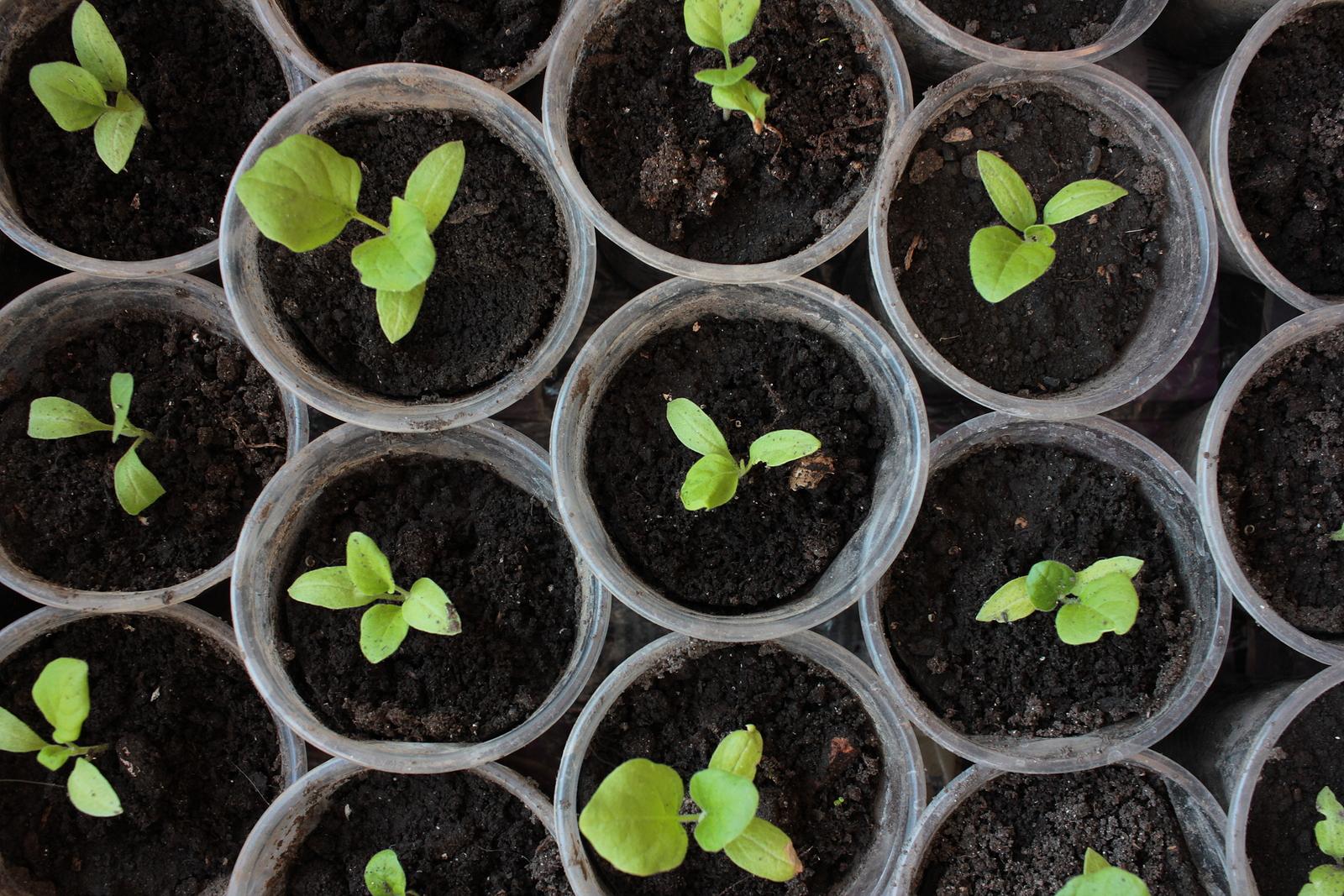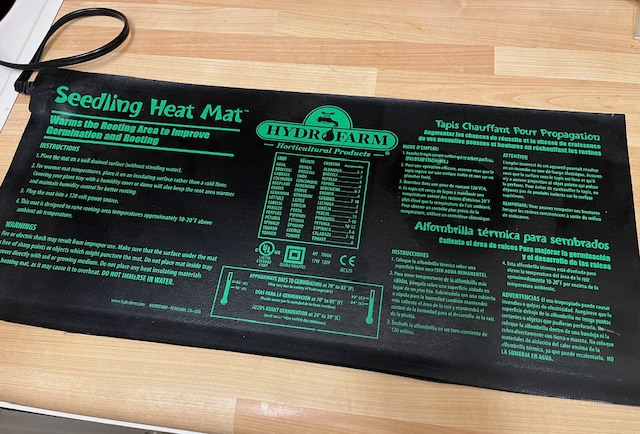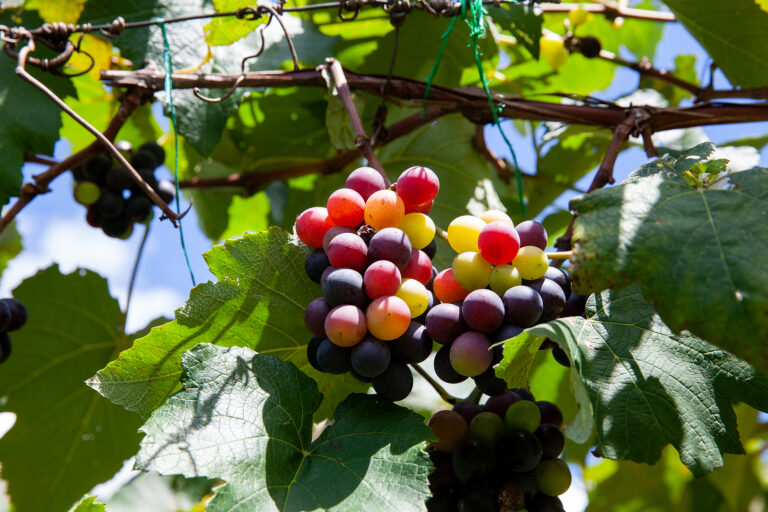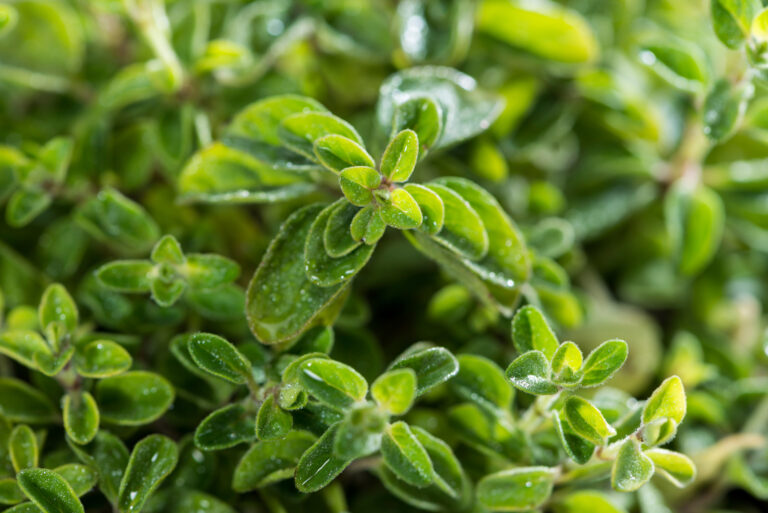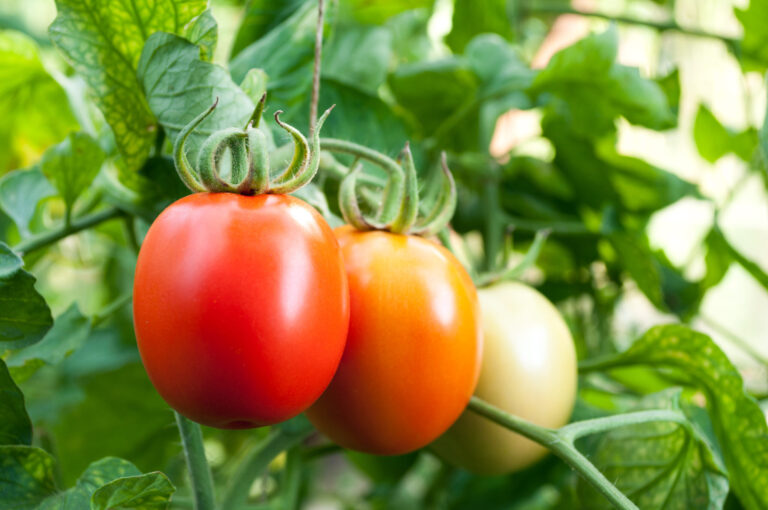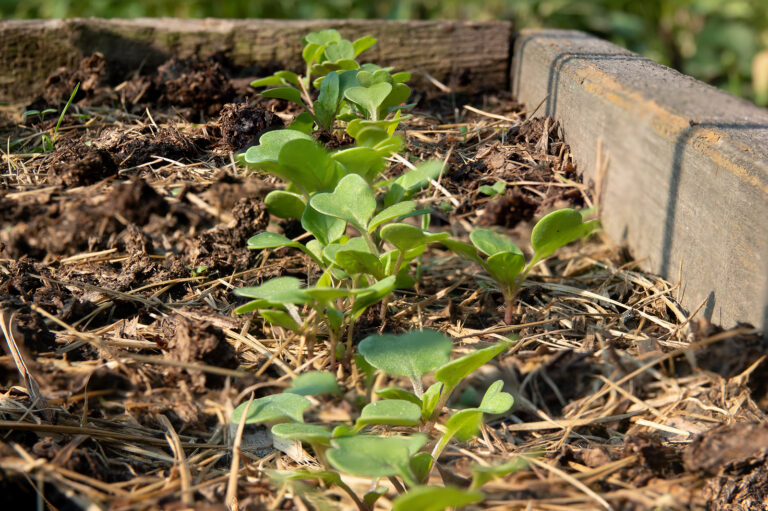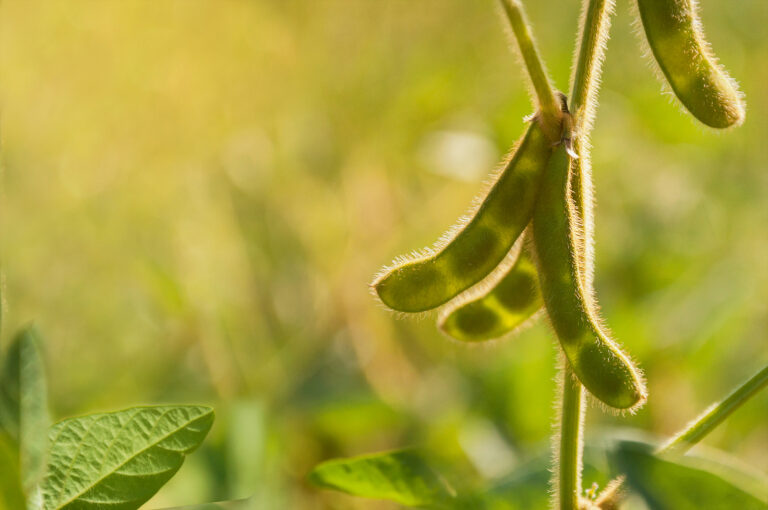Eggplant Seed Starting Tips
Eggplants are tropical and semi-tropical plants. Because most summers in temperate regions are not long enough for eggplants to grow from seed to harvest, it’s best to start eggplant from seeds indoors.
Sow eggplant seeds indoors about 8 to 10 weeks before setting seedlings in the garden. Transplant eggplant seedlings to the garden 2 to 3 weeks after the last frost. Eggplant seeds germinate in about 10 days.
Eggplants grow best in average temperatures between 70° and 85°F (21-29°C). Grow long-season varieties in regions with hot summers. Grow early maturing varieties in all regions but especially where summers are short. All eggplants are harmed by extended temperatures below 50°F (10°C).
Eggplant seeds can be directly sown in the garden only in regions with long, warm summers. Prewarm the soil with plastic sheeting ahead of setting out transplants or direct sowing seeds.
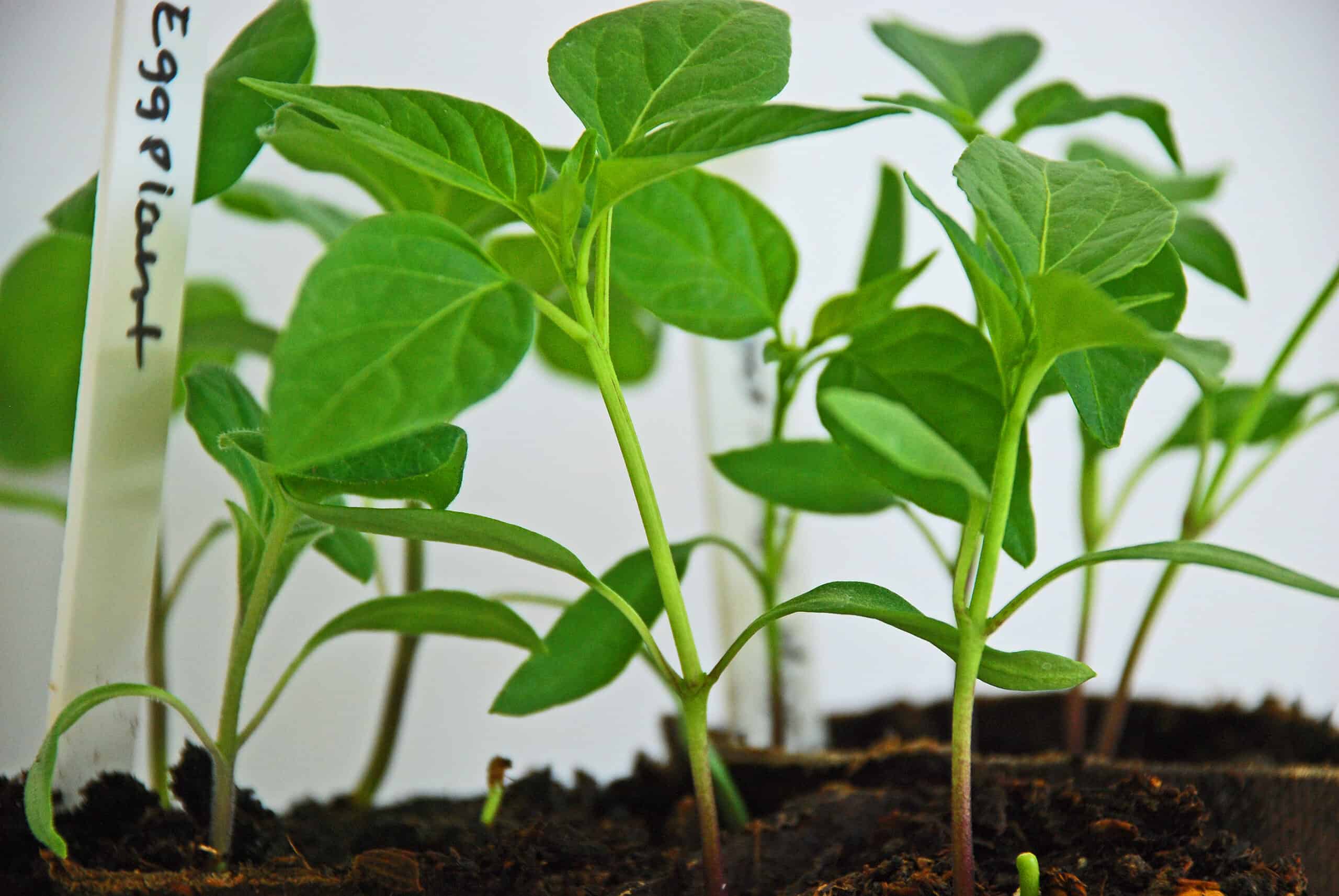
Set eggplants in the garden after nighttime temperatures are consistently greater than 55°F (13°C) and daytime temperatures average 70°F (21°C). If temperatures are much cooler you should protect eggplants from the chill with a plastic tunnel or floating row cover.
Eggplants mature in 50 to 75 days from transplanting. From the time seeds are sown indoors until harvest, eggplants require a total of 100 to 140 days depending on the variety.
Eggplant planting details
- Sowing depth: ½ inch (12mm)
- Space between plants: 18-24 inches
- Days to sprout: 10
- Days to harvest: 90-110
- Storage period: 1-2 weeks
- Seeds per 100-row feet: 1 packet (65 plants)
- Suggested varieties: Black Beauty, Burpee Hybrid, Dusky, Ichiban, White Italian
Eggplant sowing and planting tips
- Grow eggplant from seeds or seedlings.
- Eggplant seed is viable for 5 years.
- Eggplants are commonly started indoors in a greenhouse or warm, well-lit sunroom or kitchen.
- Sow eggplants in individual pots of light potting mix 10 to 8 weeks before you intend to set plants out.
- Do not set eggplants outdoors until the nighttime temperature is consistently greater than 55°F (13°C)—unless you plan to protect the plants from chilling under a plastic tunnel or spun poly-row cover.
- Sow 3 or 4 seeds in a pot or sow seeds across flats; then clip away the weaker seedlings once the strongest seedling is about 2 inches (5 cm) tall.
- Sow seed ¼ to ½ inch (7-13 mm) deep.
- Germination soil temperature is 70-95°F (20-35°C); the optimum soil temperature for germinating seed is 86°F (30°C).
- Germination takes 10 to 15 days at 86°F (30°C) or warmer.
- Keep seed starting mix just moist until seedlings are well-established.
- Eggplant seed can be sown directly in the garden if the soil temperature is warm enough—and there are enough days in the season for plants to reach maturity.
- Seedlings started indoors should be kept under grow lights or in a sunny window after germination. Keep the indoor nighttime temperature above 62°F (17°C).
- Fertilize with fish emulsion or a soluble complete fertilizer at half strength.
- Transfer seedlings to a larger container once they are 2 to 4 inches (5-10 cm) tall; be sure that seedlings have sufficient room for root growth in the new container; this process is called “potting up”; continue to pot up seedlings as they outgrow containers—until they are transplanted into the garden or a very large container.
- Eggplants can be transplanted into the garden after they are at least 4 to 6 inches (10-15 cm) tall.
- Set plants 24 inches (60 cm) apart in rows at least 24 inches apart.
- Add aged compost to planting beds in advance of transplanting.
- Eggplants prefer a pH range of 5.5 to 6.8.
- Grow eggplants in full sun for the best yield.
- If you plant seedlings started by another grower, select plants 6 to 8 weeks old; usually in a 4-inch (10 cm) pot. Check the bottom of the pot to be sure roots are not growing through and the plant is not root-bound.
- Avoid planting eggplants where tomatoes, potatoes, or peppers have grown recently.
- Fertilize with an organic fertilizer such as fish emulsion at half strength.
- Protect early-season plants from cold weather under lightweight spun poly row covers supported by wire hoops or under a plastic tunnel. Cold nights will cause blossoms to drop producing bushy plants without fruit.
- Common pest enemies include aphids, Colorado potato beetles, cucumber beetles, flea beetles, tomato hornworms, and others.
- Common diseases include blossom end rot, bacterial spot, and soft rot.
Interplanting: Plant eggplant with bush beans, chives, cucumbers, lettuce, marigolds, peppers, and tomatoes.
Container Growing Eggplant: Choose a 10-gallon container or larger.
Eggplant planting calendar
- 8-10 weeks before the last frost in spring: start seed indoors for transplanting out when nights are warm; start sooner if planting out into a warmed plastic tunnel; pre-warm soil for 2 weeks under black plastic sheeting; minimum soil temperature should be 60°F.
- 3-4 weeks after the last spring frost: transplant seedlings to the garden if nighttime temperatures are 55°F or greater or if you can protect plants under row covers or plastic tunnel from the chill.
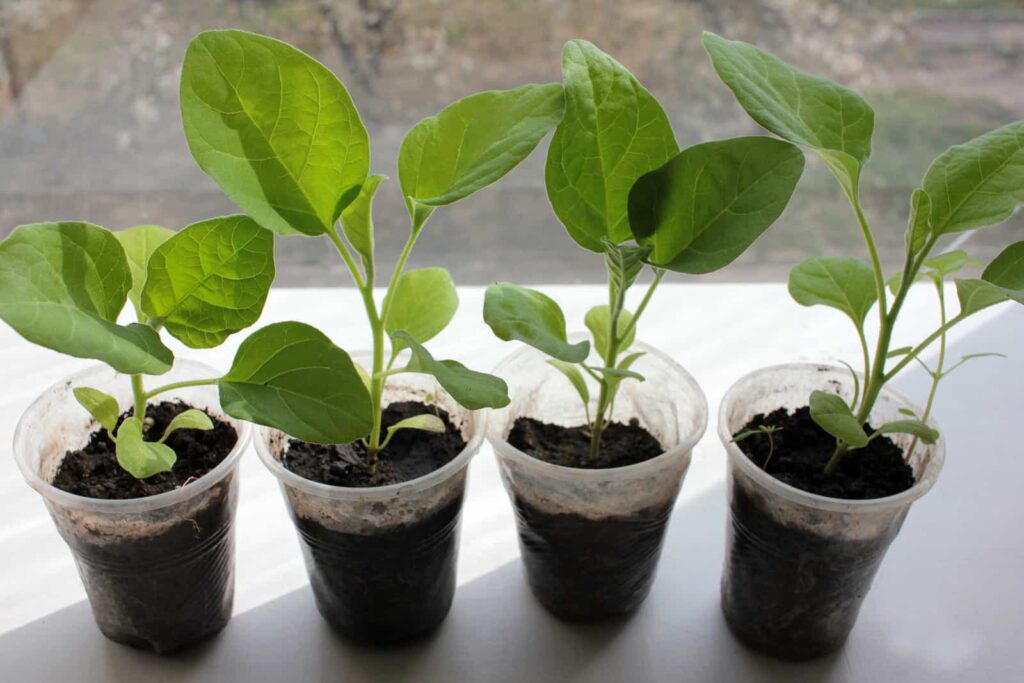
Eggplant seedling planting dates
(These dates are for the Northern Hemisphere)
| Average date of the last frost | Planting dates |
| Jan. 30 | Feb. 1-Mar. 1 |
| Feb. 8 | Feb. 10-Mar. 15 |
| Feb. 18 | Feb. 20-Apr. 1 |
| Feb. 28 | Mar. 10-Apr. 15 |
| Mar. 10 | Mar. 15-Apr. 15 |
| Mar. 20 | Apr. 1-May 1 |
| Mar. 30 | Apr. 15-May 15 |
| Apr. 10 | May 1-June 1 |
| Apr. 20 | May 10-June 1 |
| Apr. 30 | May 15-June 10 |
| May 10 | May 20-June 15 |
| May 20 | June 1-15 |
| May 30 | |
| June 10 |
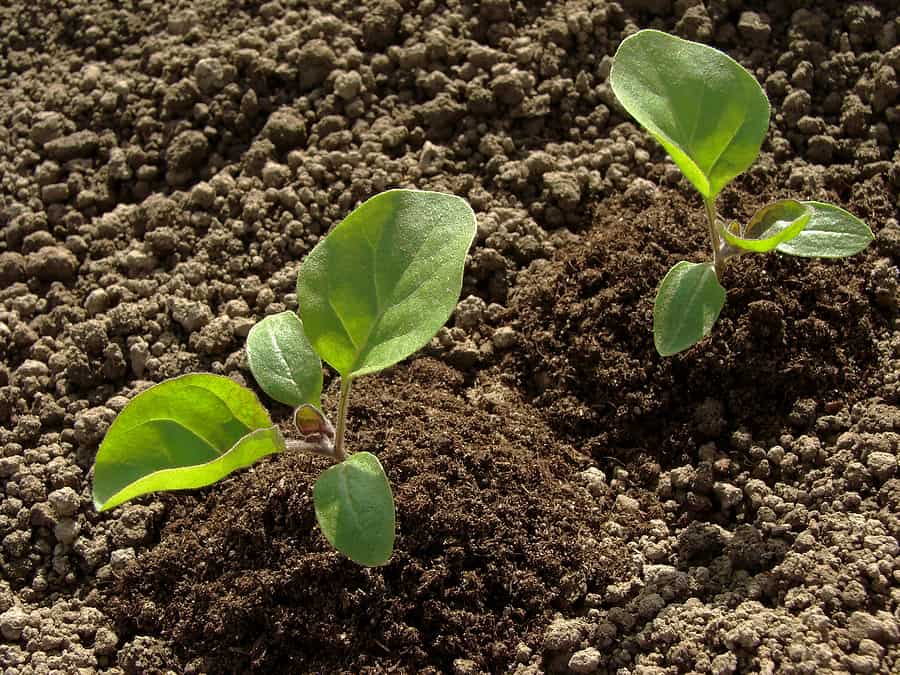
Eggplant harvest
Eggplant is ready for harvest 60 to 70 days after transplanting. Eggplants can be picked as soon as they are useable size. A ripe eggplant will have glossy skin. An eggplant with dull skin is past its prime and will be bitter-flavored.
Recommended eggplant varieties
‘Black Beauty’ is a classic purple-skinned fruit; ‘Dusky’ is purple; ‘Rosa Bianca’ is an heirloom with lavender streaks; ‘Ichiban’ and ‘Pingtung Long’ have long fruits; ‘White Egg’ and ‘Early Black Egg’ are small-fruited and small plants suitable for container growing.
Botanical Name: Solanum melongena
Eggplants are a member of the Solanaceae family, other members of this family are tomatoes, peppers, and potatoes.
Eggplant articles at Harvest to Table:
How to Plant and Grow Eggplant
How to Harvest and Store Eggplant
Eight Ways to Cook and Serve Eggplant
Eggplant Growing Problems: Troubleshooting
Garden Planning Books at Amazon:

